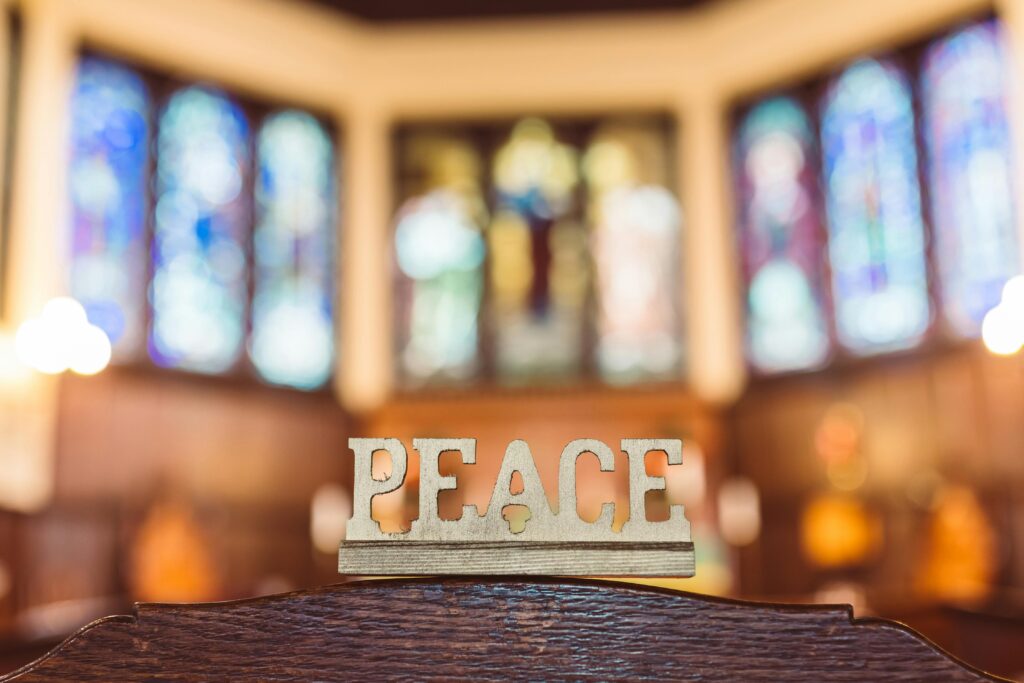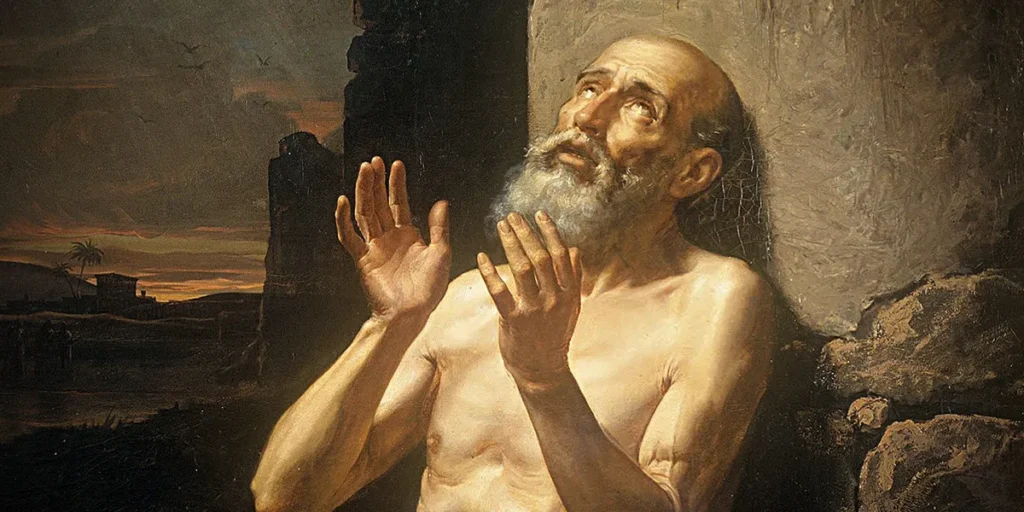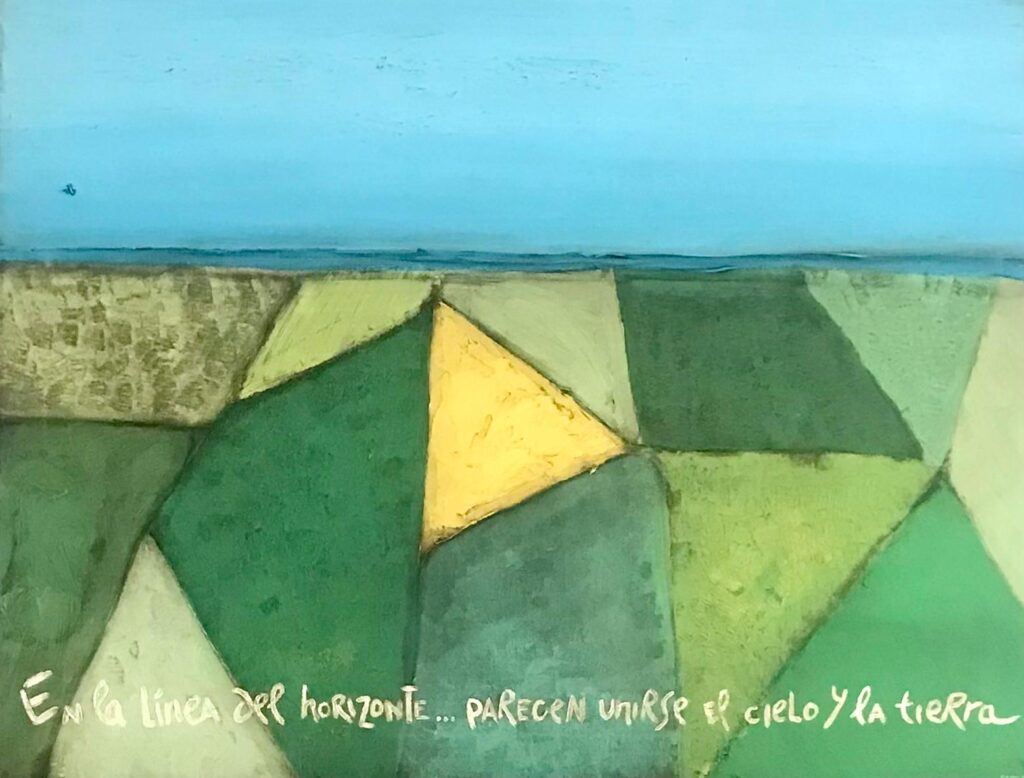Cardinal Arizmendi: What to do for Peace?
Have confidence in the power of prayer

Cardinal Felipe Arizmendi, bishop emeritus of San Cristóbal de Las Casas and responsible for the Doctrine of Faith at the Conference of the Mexican Episcopate (CEM), offers Exaudi readers his weekly article titled “What to do for Peace?”.
***
LOOK
Although federal authorities affirm all the time that the country is doing well and that the people are happy, and the same is propagated by her party’s candidate for the presidency of the Republic, we have other data.
In recent days, I was with several priests who serve in communities where criminal groups fight to dominate territories, to extort and collect “floor rights” from everyone. It’s not so much drug trafficking, but extortion. The parish priests say that there are populations that are left with very few people since the majority flee to cities or less conflicting places. What do priests do? Do not flee or leave the people alone, but accompany them in their dramatic situation. Sometimes they host some people in the parish house. They help people as much as they can.
These armed groups do not allow the priest to reach the house and the parish temple, because they block the roads for everyone, even the local civil authority. The priests are still there, close to the suffering people. They are good shepherds, who do not abandon their people, although they also suffer threats and many economic limitations, even to survive. The authorities have not been able to dismantle these criminal groups, which are owners of territories and lives. Recently, governors of Morelos, Guerrero, Michoacán and the State of Mexico met to jointly address the problem; I hope they do as much as they can for the peace of our people. Meanwhile, the priests remain on their mission.
Some bishops seek to dialogue with leaders of these groups, not to make pacts under the table, but to exhort them to change their lives, to respect people and their property. I have done it myself. We expose ourselves, because these people may not react rationally, especially when they are drugged, but we cannot just lament and leave everything to the government. Each of us does as much as we can for our people.
The Mexican episcopate has promoted not only prayers, but different ways of involving society in the construction of peace. Prayer has incredible power, and we put our trust in it, but to God by praying and giving the hammer. They talk to the authorities to insist that they do more for social peace. On the other hand, we try to educate for fraternity, starting with the family and the school.
DISCERN
Pope Francis, in his exhortation Fratelli tutti, tells us: “In many places in the world there is a need for paths of peace that lead to healing of wounds, we need artisans of peace willing to generate processes of healing and reunion with ingenuity and audacity.” (225).
“Every violence committed against a human being is a wound in the flesh of humanity; Each violent death diminishes us as people. Violence begets violence, hate begets more hate, and death more death. We have to break that chain that is presented as inescapable” (227).
“Many times it is very necessary to negotiate and thus develop concrete channels for peace. But the effective processes of lasting peace are above all artisanal transformations carried out by people, where each human being can be an effective ferment with their daily lifestyle. Great transformations are not made in desks or offices. So, each one plays a fundamental role in a single creative project, to write a new page of history, a page full of hope, full of peace, full of reconciliation. There is an “architecture” of peace, where the various institutions of society intervene, each one from its competence, but there is also a “craft” of peace that involves us all” (231).
ACT
What can we do for justice and peace in our towns? Above all, have confidence in the power of prayer. Ask God for the conversion of these groups, to enlighten our authorities to find relevant solutions, and to continue educating ourselves to build peace in the family and in our own community with small actions.
Related

Job, the Mystery of Suffering
Francisco Bobadilla
31 March, 2025
6 min

Emilio Girón: Stubbornness and Tinto de Verano
Exaudi Staff
30 March, 2025
5 min

Facing Divorce as a Christian Couple
Laetare
28 March, 2025
2 min

Mars Colonization: Technological Progress or Threat to Human Dignity?
Observatorio de Bioética UCV
28 March, 2025
9 min
 (EN)
(EN)
 (ES)
(ES)
 (IT)
(IT)

